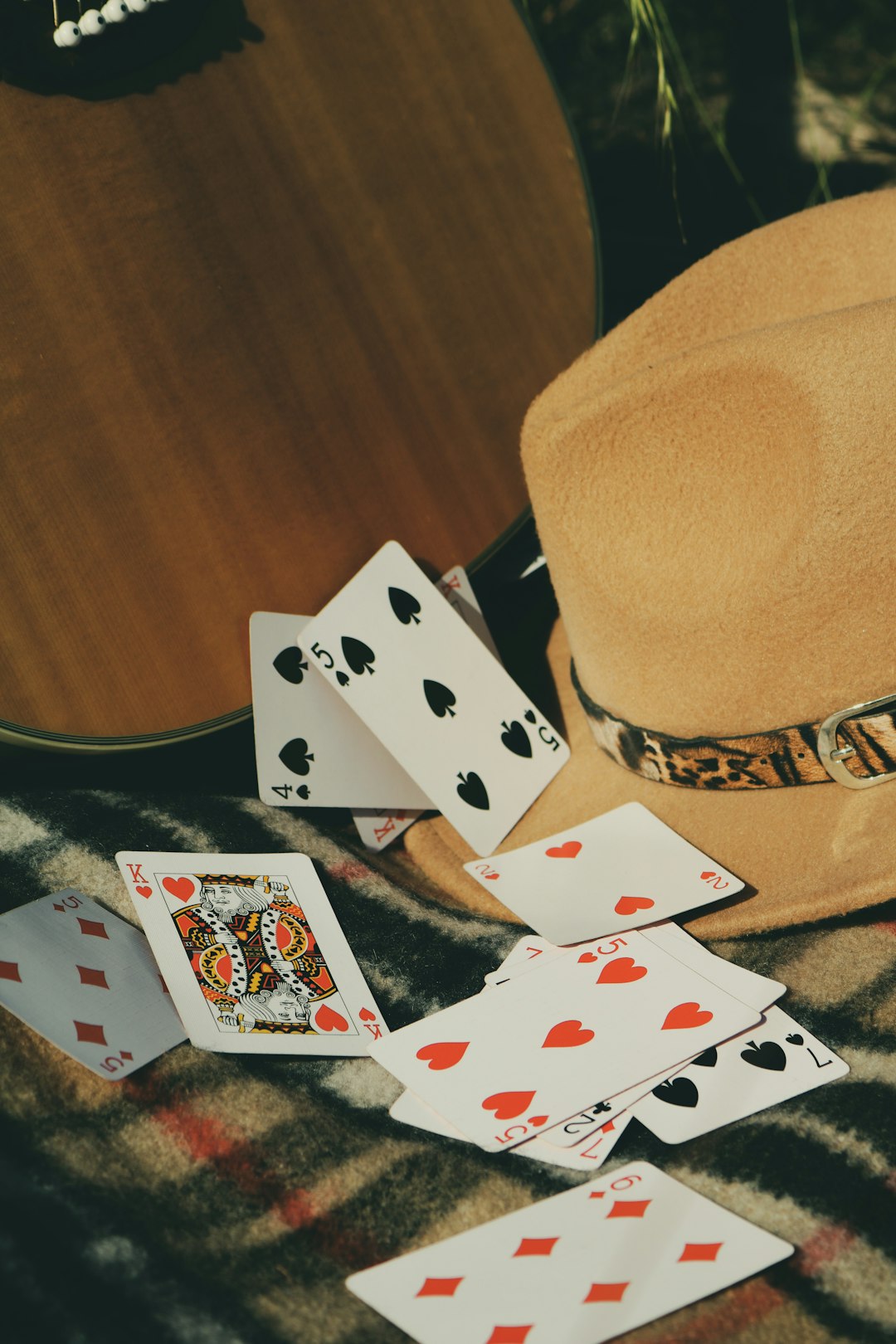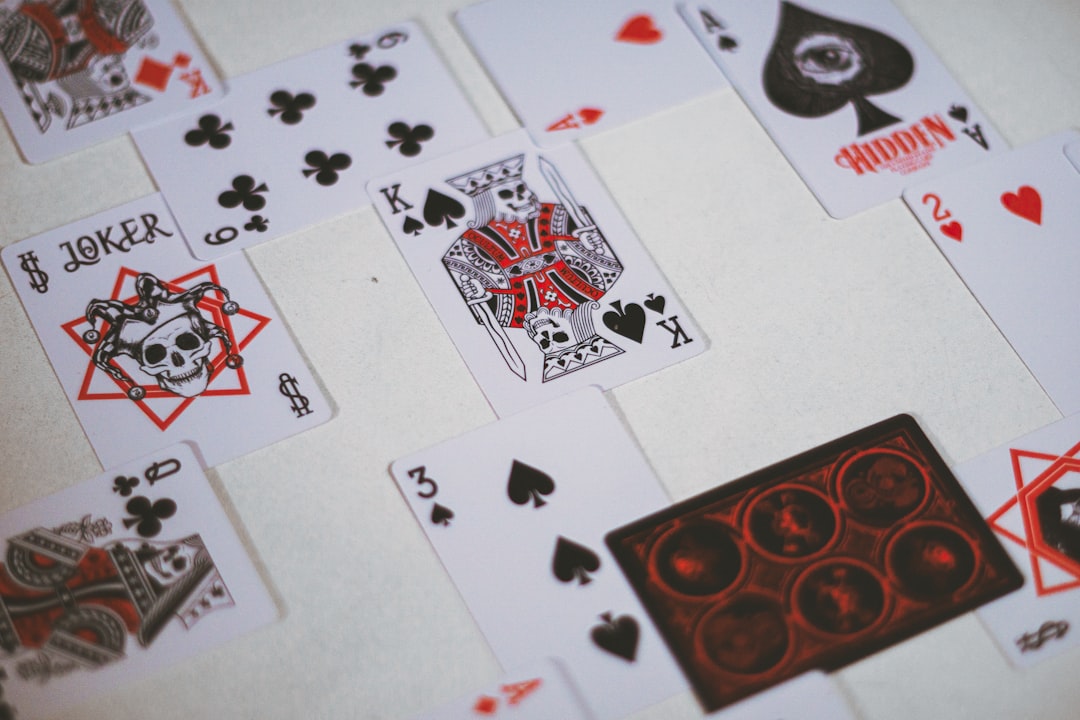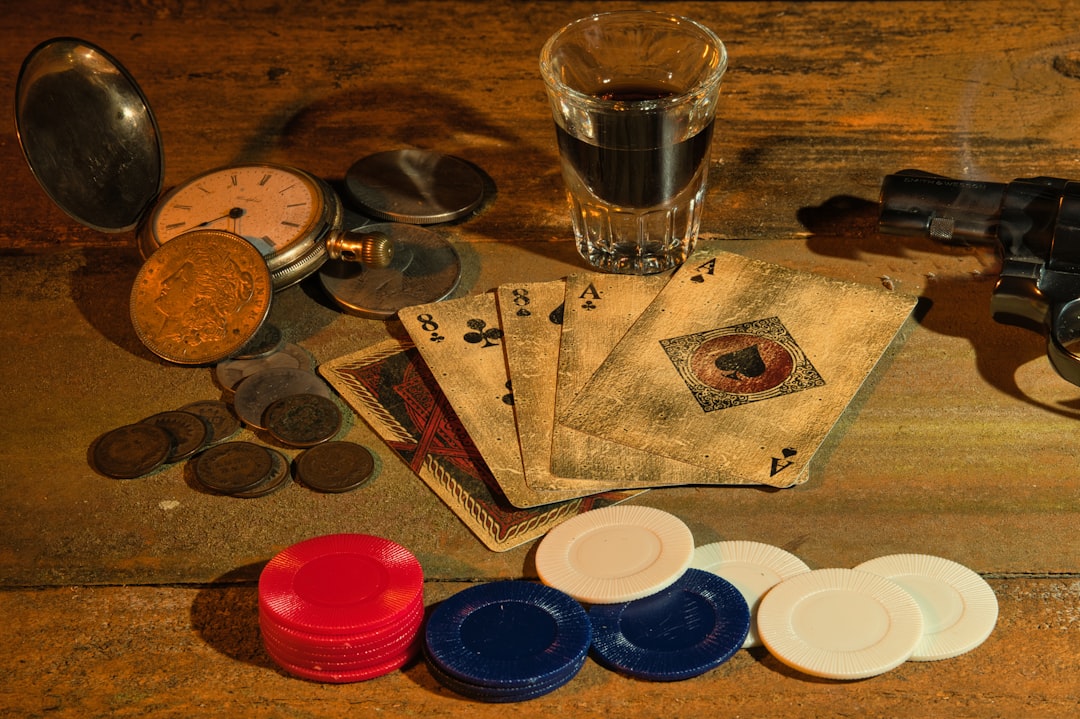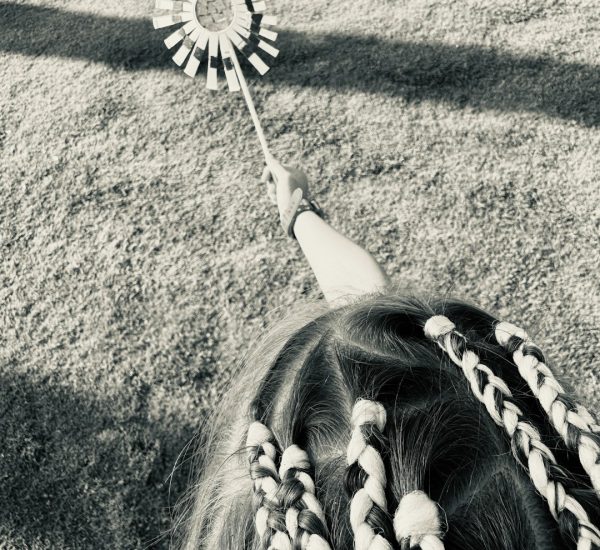Negotiation has always been central to high-stakes environments, and few games epitomize this better than poker. Whether at the World Series of Poker or high-end cash games in Macau, the ability to read people, stay composed, and manipulate decisions is fundamental. In his breakthrough book Never Split the Difference, ex-FBI negotiator Chris Voss explores the art of negotiation in life-or-death scenarios. Surprisingly, many of those techniques translate flawlessly to the felt. For poker pros, internalizing Voss’s tactics can mean the difference between a big win and a crushing loss.
The Psychology of Poker Negotiation
Poker is a psychological duel. Players aren’t just battling with cards—they’re battling with perceptions, emotions, and control over the narrative at the table. This is where Voss’s techniques shine. By adopting a negotiation-first mindset, poker pros can manipulate how they’re perceived, coax opponents into revealing information, and take command of the mental landscape.
Key Voss Principles Every Poker Pro Should Know
- Mirroring: Repeating the last 1-3 words your opponent says encourages them to explain more. Applied correctly, this leads to valuable tells.
- Labeling: Naming the emotion you believe the other player is feeling helps to diffuse tension. For example, “It seems like you’re uncertain.”
- No-Oriented Questions: Asking questions that prompt a “No” actually gives people a feeling of control. Try: “Is it a bad idea if we check this down?”
- The Late-Night FM DJ Voice: A calm, slow, downward inflection tone that soothes and builds authority. This is key when wielding verbal influence at live tables.
- Calibrated Questions: Instead of being confrontational, ask how-based questions like “How am I supposed to do that?” to encourage thoughtful responses and buy time.

In Practice: Negotiation Tactics on the Felt
While poker pros rarely engage in formal negotiations, the art of influence plays out constantly—especially in live games. Consider the infrequent but crucial table talk moments during a big river decision. Utilizing Voss’s techniques can shift the psychological pressure onto the opponent and provoke telling reactions.
Suppose you’re facing a river bet that screams bluff. A subtle mirror can unravel your opponent: when the other player says, “I had to take a shot,” you reply calmly, “Take a shot?” This moment of reflection can stir nervous elaboration—or defensiveness, both equally useful.
In another case, labeling can be used to soften aggression. A hyper-aggressive opponent might be checked with, “Seems like you’re really enjoying pushing the action today.” This approach disarms tension and subtly invites a revealing response without challenging directly.
Using Tactical Empathy at the Table
Voss champions the idea of tactical empathy: the ability to understand someone’s emotional state and leverage that understanding. In poker, empathy isn’t softness—it’s a tool. Empathetically reading a player’s tilt, joy, frustration, or fear can guide your decisions greatly.
Example: you’ve just cracked aces, and your opponent looks deflated. A calm, empathetic acknowledgment like, “It’s tough when the nuts betray you,” might appear innocent. But it could also consolidate your table image as compassionate, softening your edges for when you’re gearing up to bluff them later.

When the Chips Are Down: Pressure and the Perception Game
Poker is pressure. Whether it’s tournament bubble play or cash game deep stacks, how well you handle pressure and exploit its effects on others defines success. One of Voss’s teachings is to master the art of calmly bearing high-stress scenarios—just as in FBI hostage cases.
Maintaining the late-night FM DJ voice keeps emotions in check. A poker pro utilizing this tactic might not directly influence their opponent every hand, but over the course of a session, the consistent calm demeanor affects table image. A composed aura often forces opponents into their heads more than their hands.
“No” is a Beginning, Not an End
Poker players often mistake “no” as a shutdown. Yet, in negotiation—and here at the felt—it’s often an invitation to pivot. Your opponent declines a chop or resists folding. Ask, “So what about this scenario concerns you most?” or “What’s the biggest risk you see in checking it back?” These calibrated questions can open up dialogue and create value long after the “no.”
Building a Long-Term Negotiation Reputation
Chris Voss emphasizes long-term rapport built on consistency and respect. In poker, reputation is impact. How you treat opponents, respond to losses, and talk at the table determines how people play against you.
Strategic usage of Voss’s techniques—without turning into a robotic negotiator—can craft a world-class image. Whether others see you as wise, unpredictable, or genuinely kind, if this image is consciously constructed, it gives you a strategic edge in future hands and games.

Never Split the Difference Cheat Sheet for Poker Pros
Quick Reference: Use this mini cheat sheet as a reminder of essential negotiation moves for poker.
- Mirror Words: Echo last few words subtly to prompt more talk.
- Label Emotions: “It seems like you’re…” or “It looks like you’re…”
- Stay Calm: Always use a slow, soothing tone especially under pressure.
- Guide with Curiosity: Use “How” and “What” questions to redirect conversation without confrontation.
- Use Strategic Silence: After asking, don’t rush. Let silence work.
- Turn No into Dialogue: Treat “no” as the start of deeper probing.
- Build a Table Image: Use empathy and consistency to sculpt your poker personality.
FAQ: Applying Chris Voss’s Tactics to Poker
Q: Can you really use negotiation tactics during a poker game?
A: Absolutely. While poker isn’t about bargaining over stakes, negotiation tactics help you influence decisions, interpret emotions, and present a powerful table presence.
Q: How do you mirror in poker without sounding weird?
A: Keep it natural. Repeat key words subtly and with curiosity. You’re not mocking—just coaxing elaboration.
Q: Are these methods legal or ethical in poker?
A: Yes, as long as they’re not used for collusion or angle-shooting. They are psychological tools, much like bluffing.
Q: How do you practice tactical empathy?
A: Observe your opponents’ emotional states and label them respectfully. The more you notice subtle tells, the more empathetic you become.
Q: Is the late-night DJ voice really effective?
A: Yes, tone influences behavior. A calm, trustworthy voice makes people respond positively—even in competitive environments like poker.
By applying Chris Voss’s expert negotiation techniques, poker pros arm themselves with new perspectives and powerful psychological strategies. On the felt, it’s not just about the cards—it’s about the conversation around them. Never split the difference… and never settle for being predictable.



